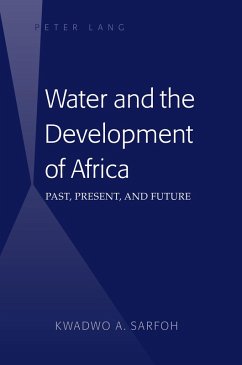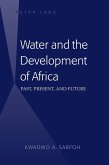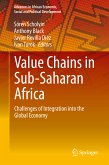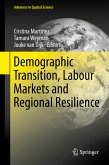This book examines Africa's water resources from pre-historic times to the present, illustrating how Africans and their rulers formulated water management systems to support water-sector activities including irrigation, livestock raising, fishing, river transportation, industry, and the generation of hydropower so crucial to the continent's socio-economic transformation of its communities.
The recent increasing demand for water by Africa's growing population makes it clear that new water management strategies are necessary for the continent to benefit from sustained development. In the face of ongoing water shortages caused by reduced rainfall, frequent droughts, and global warming, new political and economic arrangements are essential to ensure cooperative use of available water resources. Kwadwo A. Sarfoh argues that such arrangements will inevitably bring peace to countries that share river basins.
The recent increasing demand for water by Africa's growing population makes it clear that new water management strategies are necessary for the continent to benefit from sustained development. In the face of ongoing water shortages caused by reduced rainfall, frequent droughts, and global warming, new political and economic arrangements are essential to ensure cooperative use of available water resources. Kwadwo A. Sarfoh argues that such arrangements will inevitably bring peace to countries that share river basins.
Dieser Download kann aus rechtlichen Gründen nur mit Rechnungsadresse in A, D ausgeliefert werden.









